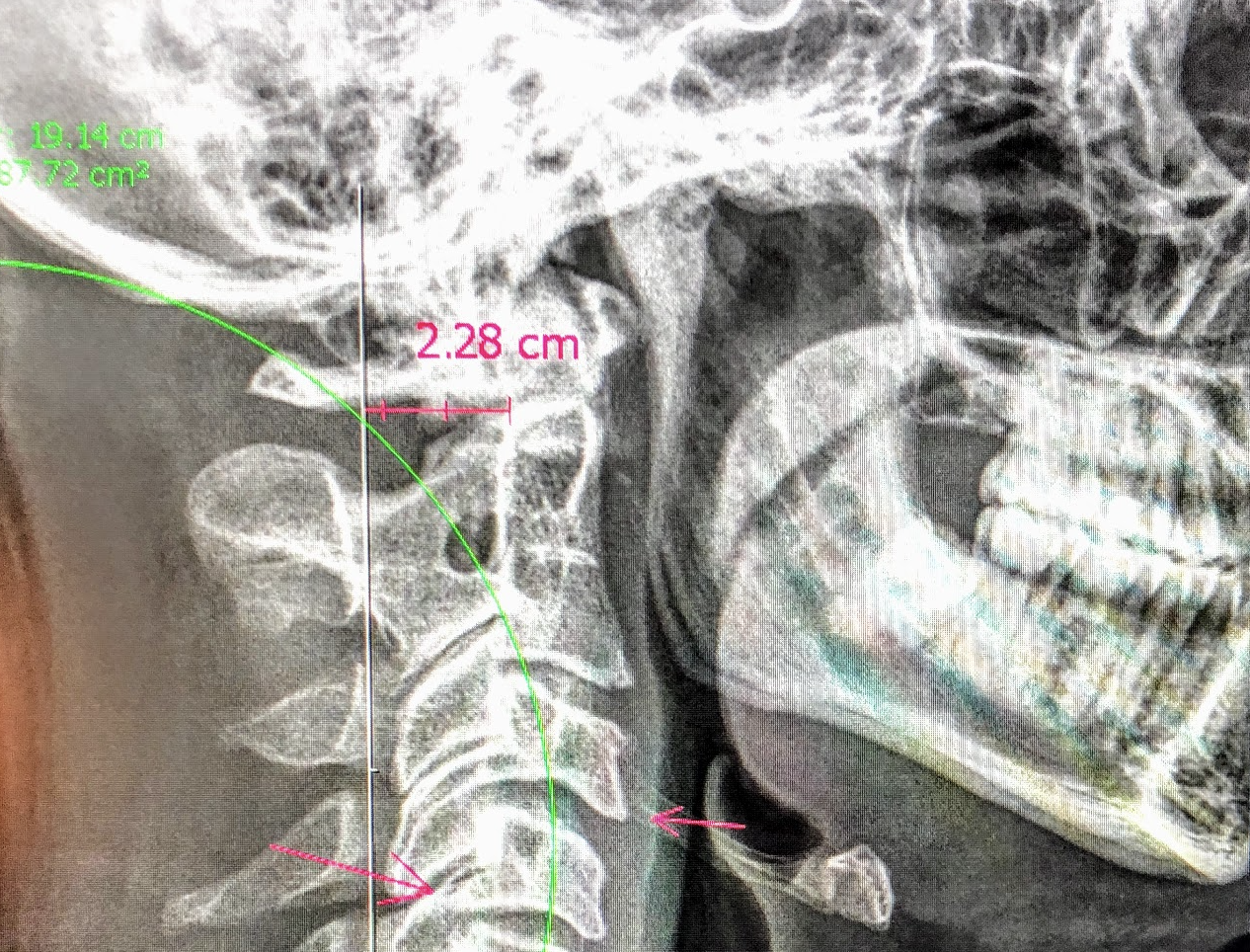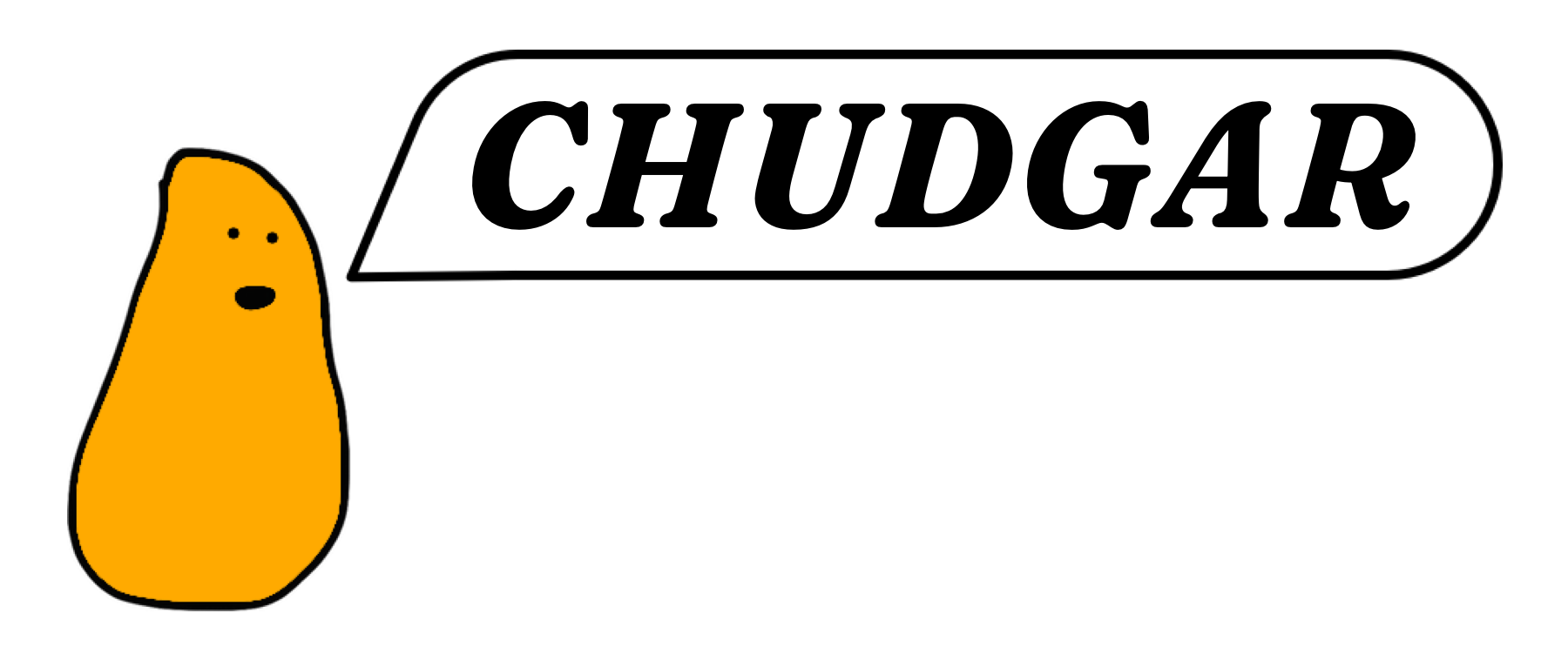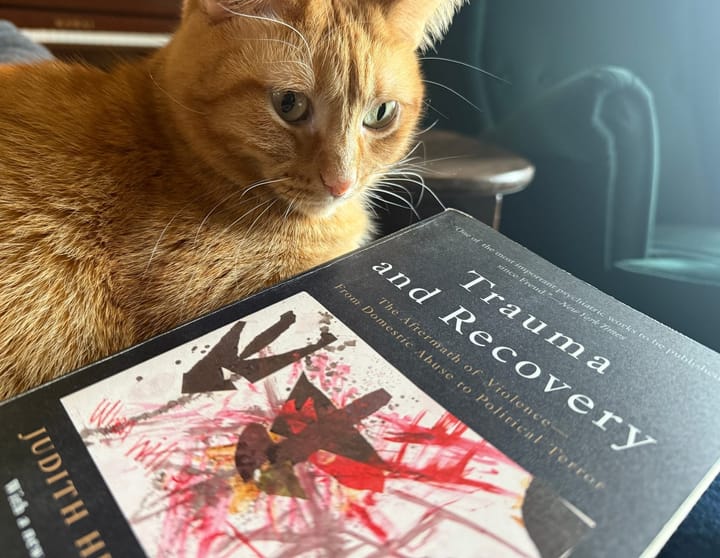How I am learning to be embodied
The radical political insights of disability justice are changing everything for me — not just how I see the world, but how I understand myself as an embodied person and as a coach to my clients, who are all embodied too.

The most important wisdom I’ve learned from the intellectual lineage of Disability Justice is that we are not disabled by “nature,” but by disabling social systems. I learned that from Leah Lakshmi Piepzna-Samarasinha’s Care Work, which also taught me that being disabled by the world we live in makes us develop “a set of innovative, virtuosic skills” — as does surviving trauma, being minoritized, living in poverty or precarity, and every kind of counter-cultural embodiment. These radical political insights are changing everything for me — not just how I see the world, but how I understand myself as an embodied person and as a coach to my clients, who are all embodied too.
When I first encountered Disability Justice in 2021, I understood myself to have all the abled privilege in the world: I’m a thin-bodied light-skinned cis man from a middle-class background, not disabled in any way. But as I’ve learned more from disabled thinkers about how power and oppression interact with our embodied minds, I’ve started to ask myself potent new questions:
- Do I eat very little because I prefer that, or because my thin body is still haunted by the memory of the fat child I used to be?
- Is my unwillingness to campaign door-to-door political laziness, or is it okay to acknowledge that chronic back pain makes canvassing excruciating?
- Am I exceptionally clumsy and injury-prone because I’m careless, or because parts of myself still blame my body for not resisting sexual abuse?
- If I’d been born a generation later, as Devon Price’s work suggests, would my weird hyperverbal “giftedness” have been diagnosed as Autism instead?
- What might be possible if, in Nick Walker’s words, I were “to undo and subvert (my) own cultural conditioning and … ingrained habits of neuronormative and heteronormative performance, with the aim of reclaiming (my) capacity to give more full expression to (my) uniquely weird potentials and inclinations?” Have I perhaps been neuroqueer all along?
Asking these questions has opened stunning new possibilities for joy, creativity, and solidarity, and I take great joy in sharing them with my clients — all of whom, in their own unique ways, are on journeys of embodied liberation of their own.
How Inclusive Therapists made this post possible
To joint the Inclusive Therapists community, I had to answer four very deep questions about my coaching practice. The first version of this post was my answer to one of them. Here are the rest:



